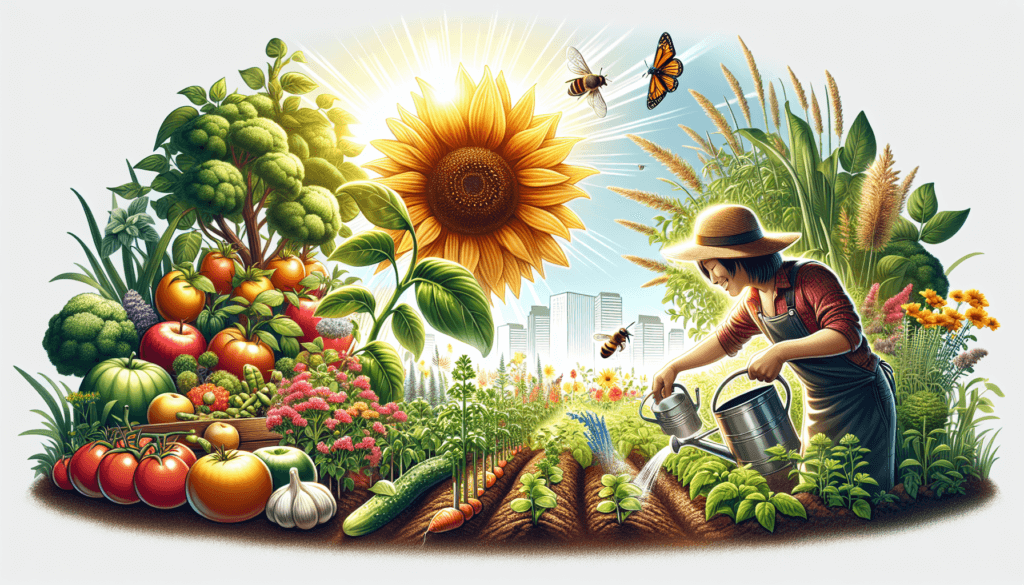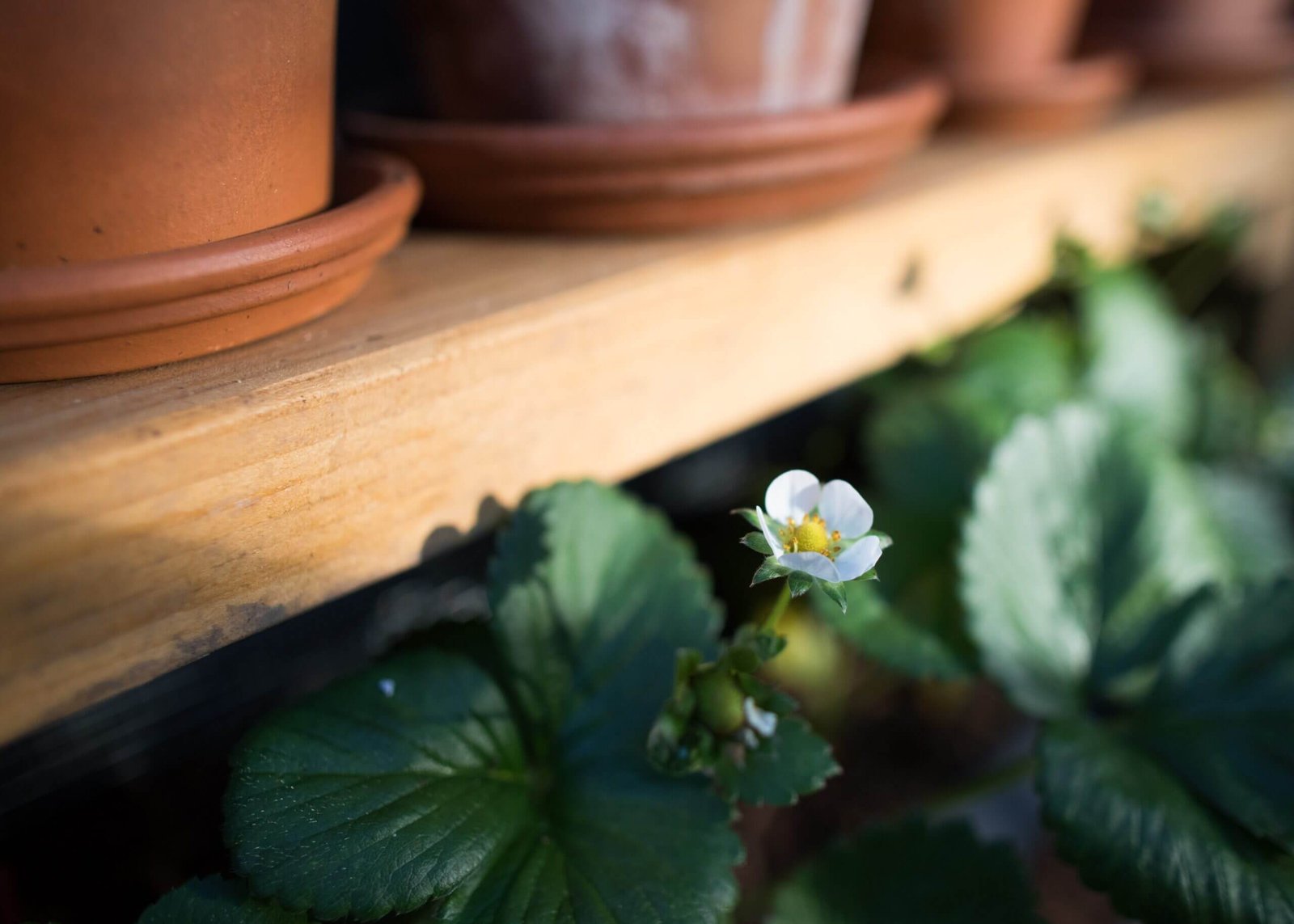Are you curious about the advantages of organic gardening? Look no further! In this article, we will explore the numerous benefits that come with cultivating your own organic garden. From promoting a healthier environment to enjoying chemical-free produce, organic gardening offers a multitude of advantages for both you and the planet. So, let’s dig in and uncover how embracing organic gardening can enhance your life and contribute to a more sustainable future.
Improved Soil Quality
Organic gardening practices contribute to improved soil quality in multiple ways. One of the key benefits is the increase in organic matter content. By adding compost, animal manure, and other natural materials to the soil, you enhance its ability to retain moisture, improve aeration, and provide a rich environment for beneficial microorganisms.
Additionally, organic gardening helps enhance soil structure. The use of natural soil amendments such as compost helps to create a crumbly and well-drained soil texture. This allows plant roots to penetrate the soil more easily, access nutrients, and facilitates better water absorption.
Furthermore, organic gardening improves nutrient availability in the soil. Instead of relying on synthetic fertilizers, organic gardeners often use natural alternatives such as compost, bone meal, and fish emulsion. These substances release nutrients slowly over time, providing a continuous supply for plants without the risk of nutrient runoff.
Lastly, organic gardening promotes beneficial soil organisms. By avoiding the use of synthetic pesticides and fertilizers, you create a favorable environment for earthworms, fungi, bacteria, and other soil-dwelling organisms. These organisms contribute to nutrient cycling, improve soil structure, and help control pests and diseases naturally.
Chemical-Free Environment
One of the primary reasons people choose organic gardening is to avoid the use of synthetic pesticides and fertilizers. Conventional agriculture often relies heavily on these chemicals, which can have negative impacts on human health and the environment. By adopting organic gardening practices, you help reduce your exposure to harmful chemicals.
Organic gardening also benefits wildlife and beneficial insects. Synthetic pesticides can be toxic to many creatures, including bees, birds, and other beneficial insects that play vital roles in pollination and pest control. By eliminating or minimizing the use of synthetic pesticides, you create a safer habitat for these important contributors to a healthy ecosystem.
In addition, organic gardening helps preserve water quality. Synthetic fertilizers can contribute to water pollution when they leach into streams, rivers, and groundwater. By opting for organic methods, you minimize the risk of nutrient runoff, protecting water sources and aquatic life.
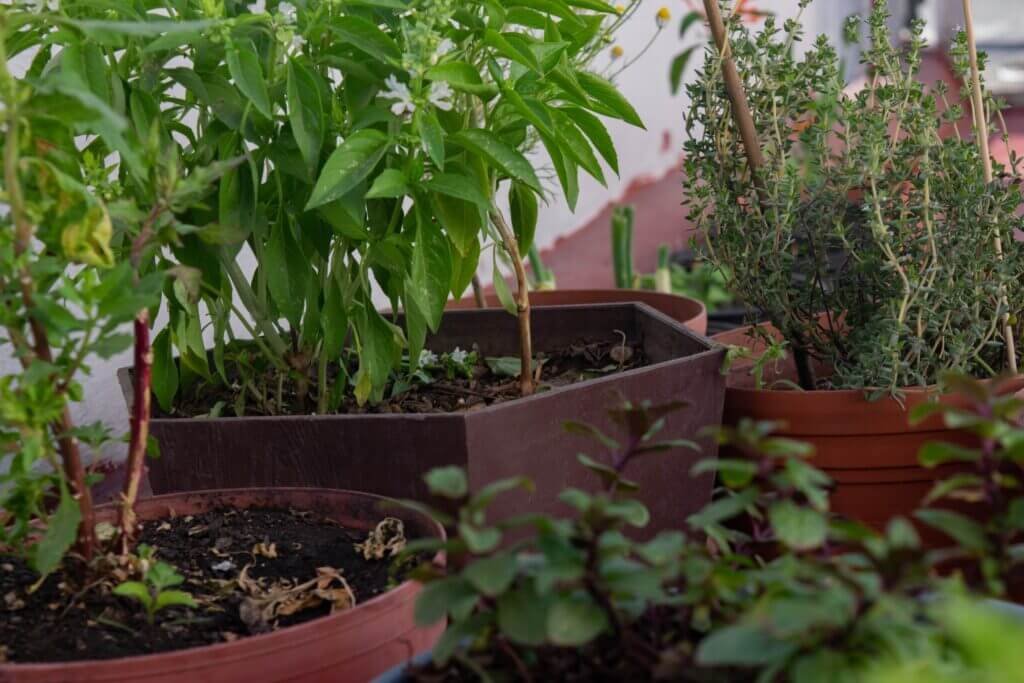
Higher Nutritional Value
Choosing organic produce can lead to higher nutritional value in your diet. Multiple studies have shown that organic fruits and vegetables are more nutritious compared to their conventionally grown counterparts. They often contain higher levels of vitamins, minerals, and beneficial antioxidants.
Furthermore, organic produce tends to provide better taste and flavor. Since organic farming relies on natural and balanced soil fertility, it results in healthier, more vibrant plants. These plants produce flavorful fruits and vegetables that are often described as having more depth and intensity of flavors compared to conventionally grown produce.
Preservation of Biodiversity
Organic gardening plays an important role in preserving biodiversity on both small and large scales. By supporting diverse ecosystems, organic practices help maintain a healthy balance between different organisms and reduce the risks of monocropping.
Organic gardening also promotes habitats for wildlife. The absence of synthetic pesticides and the presence of diverse plantings create a favorable environment for birds, bees, butterflies, and other creatures. These animals not only add beauty to your garden but also assist in pollination and natural pest control.
Moreover, organic gardening contributes to the preservation of native plant varieties. By choosing heirloom and open-pollinated seeds, you help maintain the genetic diversity of plants. This is particularly important in the face of genetic erosion, where crop varieties are lost over time due to uniformity in industrial farming.
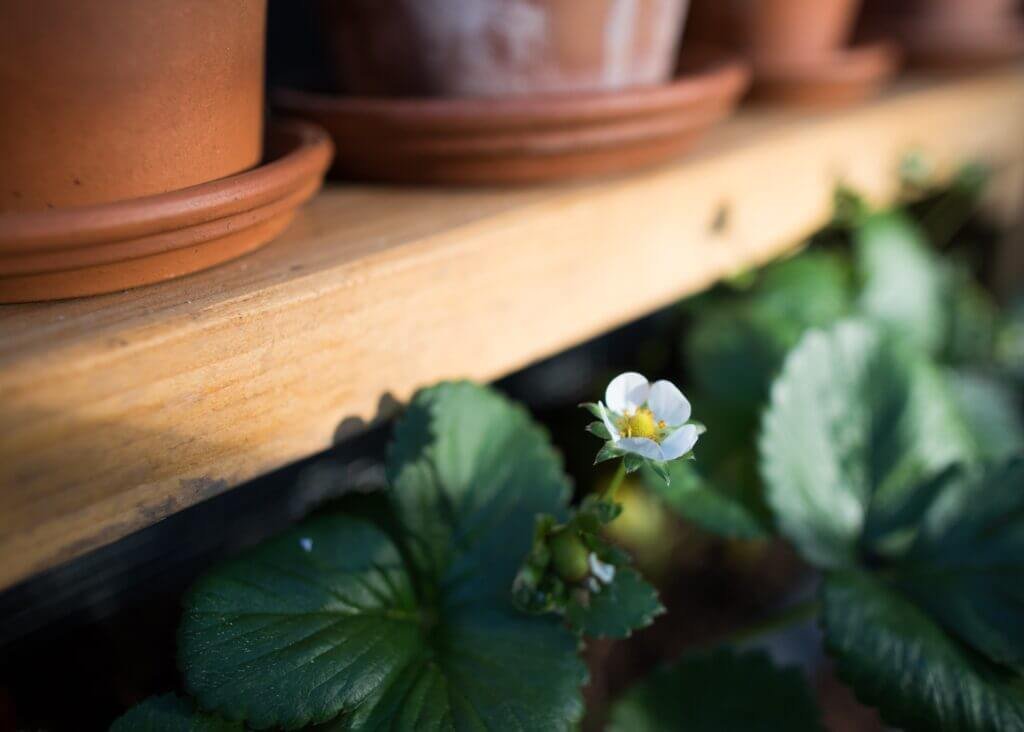
Healthier Food for You
Opting for organic gardening and consuming organic produce can lead to healthier food choices for you and your family. By growing your own food using organic methods, you reduce the exposure to harmful residues commonly found on conventionally grown produce.
Additionally, by avoiding the use of synthetic pesticides, you lower the risk of pesticide-related health issues. Some pesticides have been linked to various health problems, including developmental issues in children, hormone disruption, and certain types of cancers.
Engaging in organic gardening and consuming organic produce can enhance your overall well-being. Gardening is often considered a therapeutic activity that can reduce stress, improve mental well-being, and provide a sense of accomplishment. Furthermore, some studies suggest that certain compounds found in organic fruits and vegetables may have additional health benefits, including potential anti-cancer properties.
Sustainability and Conservation
Choosing organic gardening practices contributes to a more sustainable and conservation-oriented approach to food production. By reducing the carbon footprint associated with transportation and synthetic inputs, organic gardening helps mitigate climate change.
Organic gardening also minimizes energy use. Industrial farming often requires large amounts of energy for machinery operation, irrigation, and transportation of goods. By focusing on more sustainable practices, such as manual labor, water conservation, and promoting local food production, organic gardening can significantly reduce energy consumption.
Furthermore, organic gardening contributes to the conservation of water resources. Traditional agricultural practices often involve excessive irrigation to compensate for poor soil structure and the use of synthetic fertilizers. Organic gardening, on the other hand, emphasizes soil health, which leads to improved water retention and reduced water requirements.
Promoting sustainable farming practices is an essential aspect of organic gardening. By avoiding the use of synthetic chemicals, relying on natural pest control methods, and focusing on local and seasonal food production, organic gardeners help build resilient and environmentally friendly agricultural systems.
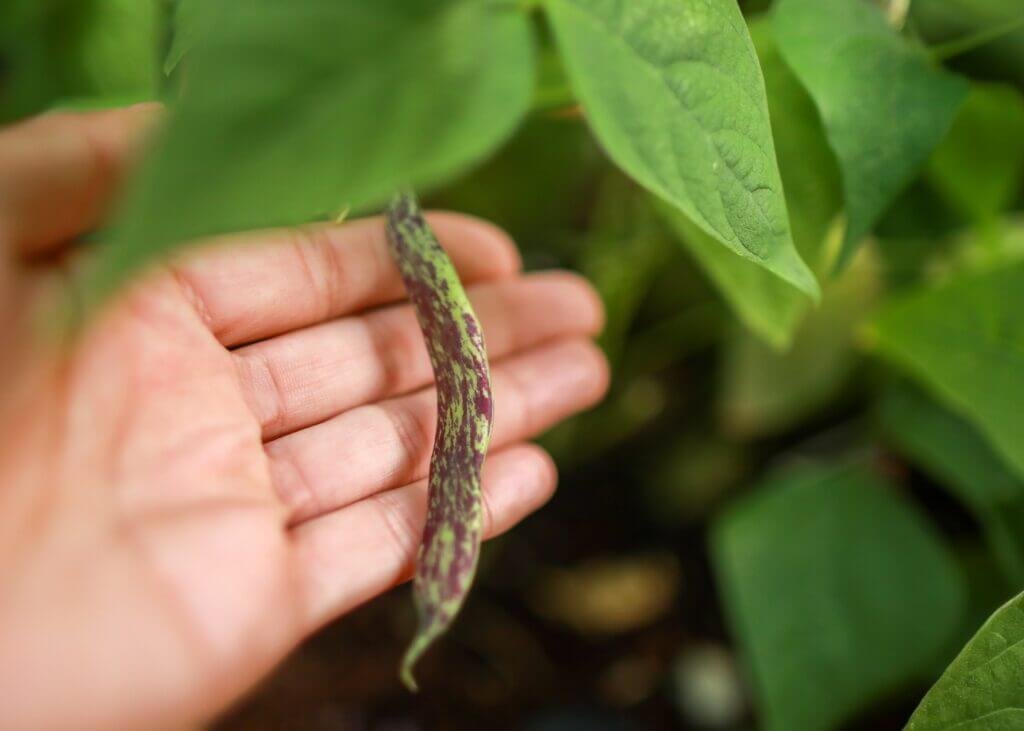
Cost Savings
Embracing organic gardening practices can result in cost savings in various ways. Growing your own organic produce can significantly reduce your grocery bills, especially during the harvest season. By investing in seeds, soil amendments, and gardening tools upfront, you can enjoy the fruits of your labor without the need to purchase expensive organic produce from the store.
In addition, organic gardening can help reduce medical costs in the long run. By consuming a diet rich in organic fruits and vegetables, you may experience improved health, reducing the need for medical interventions and medications.
Furthermore, by decreasing your dependence on industrial farming and purchasing organic products, you contribute to a more sustainable food system. As more people embrace organic gardening and demand for organic products increases, it can lead to a decrease in costs associated with industrial farming, such as environmental cleanup, pesticide regulation, and healthcare expenses related to pesticide exposure.
Engages in Physical Activity
Engaging in organic gardening provides an opportunity to stay active and enjoy outdoor work. Gardening tasks such as planting, weeding, watering, and harvesting involve physical effort and provide a great form of exercise. Regular gardening activities can help improve physical fitness, increase strength and flexibility, and promote overall well-being.
In addition, spending time outdoors and connecting with nature has been shown to have positive effects on mental health. Gardening can be an enjoyable and therapeutic activity that allows you to de-stress, relax, and improve your mood. The combination of physical activity, fresh air, and the satisfaction of nurturing plants can have a significant impact on your overall happiness and well-being.
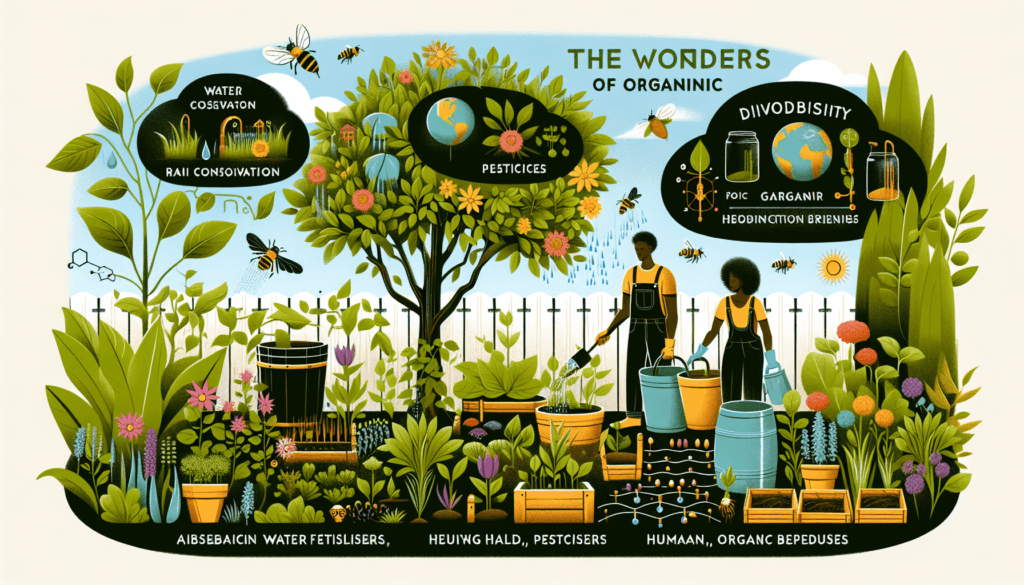
Educational and Teaching Tool
Organic gardening provides numerous learning opportunities, making it an excellent educational and teaching tool. Whether you are gardening with children, students, or simply learning on your own, the process of organic gardening offers hands-on experiences and real-world lessons.
It teaches self-sufficiency and responsibility by demonstrating how to grow your own food and take care of plants. Organic gardening encourages a deeper understanding of the natural world, the interconnectedness of ecosystems, and the importance of sustainable practices.
Furthermore, organic gardening fosters a connection with nature. Through observing plant growth, seasons, and the interactions between various organisms, you develop a greater appreciation for the environment. This understanding can inspire you to make more conscious choices in your daily life and contribute to a more sustainable future.
Sense of Achievement and Enjoyment
Engaging in organic gardening can provide a sense of achievement and enjoyment. The satisfaction that comes from growing your own food, nurturing plants, and witnessing the progress of your garden is unparalleled. Harvesting fresh, organic produce from your own backyard brings a deep sense of pride and accomplishment.
Moreover, gardening can be a fulfilling and enjoyable hobby. Many people find solace in spending time in their gardens, surrounded by nature’s beauty. Whether it’s the colorful flowers, the buzzing of bees, or the tranquility of a peaceful garden, organic gardening creates a beautiful and relaxing environment that enhances your overall well-being.
In conclusion, organic gardening offers a wealth of benefits that extend beyond just the food on your plate. By focusing on improving soil quality, creating a chemical-free environment, preserving biodiversity, and embracing sustainability, you can enjoy higher nutritional value, contribute to a healthier lifestyle, and save money. Organic gardening also provides opportunities for physical activity, education, and a sense of achievement and enjoyment. So why not start your organic garden today and experience the many rewards it brings?
